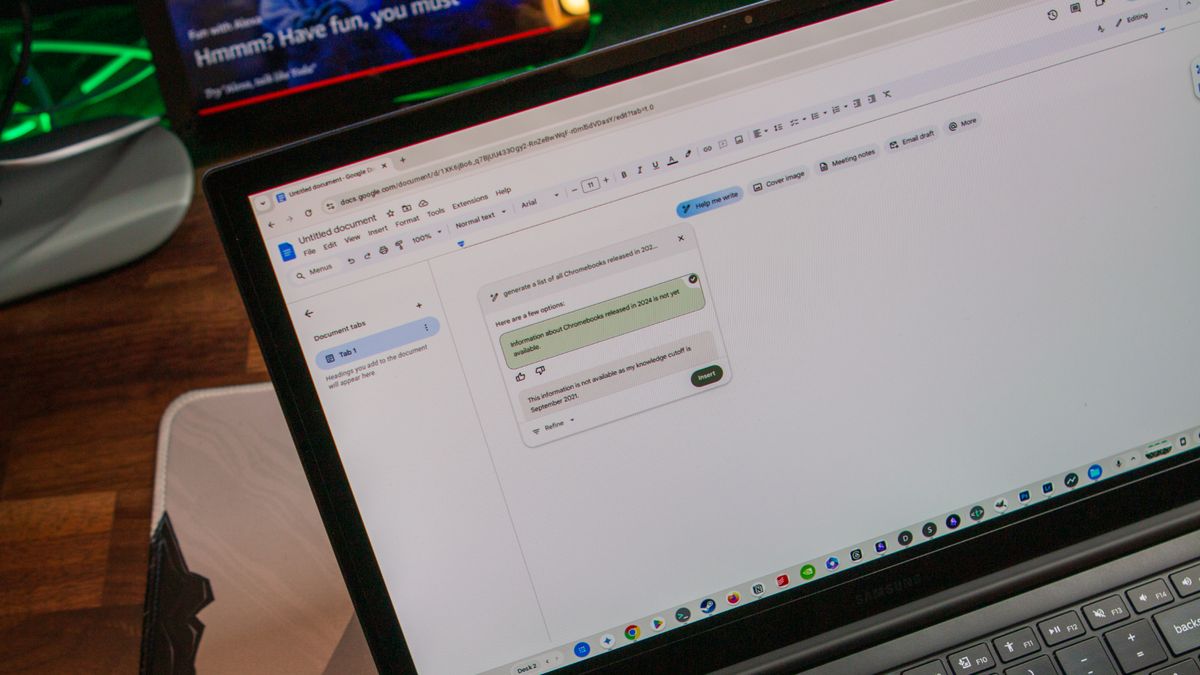This post will define what are external asset managers, what they do, and how they differ from family office and independent asset managers.
For better clarity, we’ll also recall the definition of external assets and provide some examples.
If you are looking to invest as an expat or high-net-worth individual, which is what I specialize in, you can email me (advice@adamfayed.com) or WhatsApp (+44-7393-450-837).
This includes if you are looking for alternatives or a second opinion.
Some of the facts might change from the time of writing, and nothing written here is formal advice.
For updated guidance, please contact me.
What are external assets?
The financial and non-financial assets that a nation, business, or individual has outside of their nation of origin are referred to as external assets.
These assets may consist of properties, cash reserves, equities, bonds, and other financial instruments held overseas, as well as international investments.
Retaining overseas assets can serve a variety of purposes, including diversification, improved investment options, and leveraging advantageous tax legislation in other foreign countries.
Examples of external assets
A range of investments held overseas are included in external assets. Financial assets including foreign bank accounts, foreign equities, mutual funds, and foreign currency deposits are among them.
Investment properties in real estate include second residences, investment properties, and undeveloped land in other nations.
Add to this commodities and precious metals, including gold kept in safe foreign vaults and interests in foreign deposits of oil and gas.
Offshore trusts and foundations are used to manage and safeguard money; they are established in places like Liechtenstein and the Cayman Islands.
Digital assets comprise another category, which includes NFTs and cryptocurrencies kept on foreign exchanges or blockchains.
Additionally, a typical method of owning a firm as an external asset is to hold stock holdings in overseas companies, whether they are private or public.
External Asset Manager Meaning
External asset managers or EAMs are independent financial advisors or companies who look after investment portfolios for their clients, who are usually wealthy individuals, families, or organizations.
EAMs are independent, as opposed to the conventional asset management services provided by banks.
Generally, the external asset management services costs they take are determined by the assets under management. For consulting services, some might further charge hourly or fixed fees.
Originating in Europe, the idea of EAMs has gained popularity in Asia, especially in major financial centers like Singapore.
More and more wealthy people looking for flexible and individualized wealth management services are the driving force behind the growth of EAMs in various areas.
As high-net-worth individuals increase in number, EAMs in Asia are expected to continue growing and managing substantial wealth.
What does an external asset manager do?
Working with clients’ financial objectives and risk tolerance, external asset managers oversee their investment portfolios and make strategic judgments about asset allocation.

Either a non-discretionary basis, requiring client consent, or a discretionary basis, allowing them to make decisions for every deal without needing client approval, are available to them.
EAMs handle investments as well as offer individualized advice on risks and opportunities in the market for a range of asset types.
Although EAMs oversee investments, custodial banks retain ownership of customer funds. Clients are able to maintain ownership and control over their funds as the EAM functions under a power of attorney.
Independent asset manager vs external asset manager
Since both designate financial experts or companies that manage investments on behalf of clients—typically wealthy individuals and families—independent asset manager and external asset manager are sometimes used interchangeably.
In praxis, there are subtle differences between them.
An operational and legal structure that prioritizes autonomy from conventional banking institutions is frequently indicated by the term external asset manager.
EAMs are experts in managing offshore or foreign assets, providing knowledge of cross-border rules, international markets, and tax laws.
Clients with international wealth management needs, such as expatriates, multinational families, or companies with assets spread across several nations, are usually served by EAMs.
Independent asset managers are not inherently focused on cross-border or offshore assets; instead, they may concentrate on managing domestic assets.
External asset manager vs family office
Family offices and external asset managers have distinct roles in wealth management, yet there are certain instances where they work together.
Family offices are private advisory organizations that specialize in managing a single family’s wealth and provide individualized investing and financial services that are catered to the unique requirements of that family. FOs often work exclusively for the family, maintaining a more personal and integrated contact with them.
In addition to managing investments, some external asset managers function as multi-family offices. They offer various services akin to those of a family office. This may cause confusion between the two organizations, particularly in cases where external asset managers provide all-inclusive wealth management services.
What sets them apart is primarily the range of services offered and the emphasis on the client. Families can benefit from a more comprehensive approach to managing their wealth and financial matters with family offices, whereas external asset managers focus on managing investments for numerous clients.
Pained by financial indecision? Want to invest with Adam?

Adam is an internationally recognised author on financial matters, with over 760.2 million answer views on Quora.com, a widely sold book on Amazon, and a contributor on Forbes.





















Discussion about this post